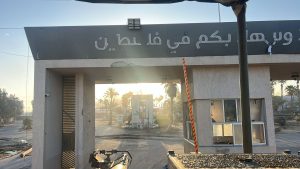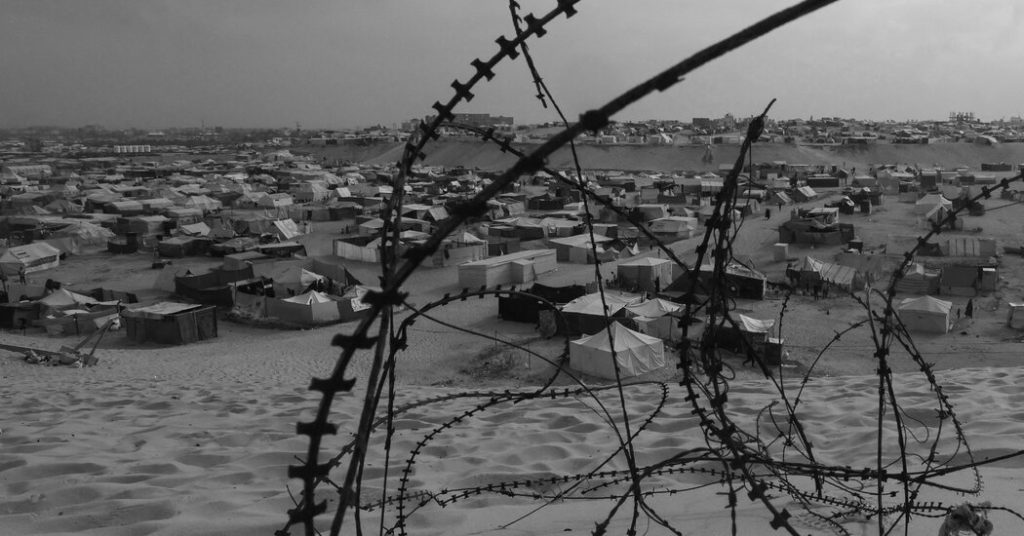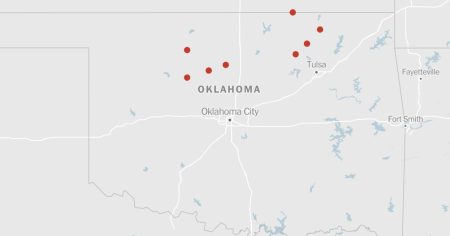Israeli Prime Minister Benjamin Netanyahu faces a monumental decision regarding U.S. diplomacy in the midst of the Gaza war and a potential new relationship with Saudi Arabia. The choice lies between pursuing a full-scale invasion of Rafah to eliminate Hamas, risking further global isolation, or opting for normalization with Saudi Arabia along with Arab peacekeeping forces for Gaza and a U.S.-led security alliance against Iran. This latter choice would require a commitment to a two-state solution with reformed Palestinians, but would provide Israel with the widest U.S.-Arab-Israeli defense coalition it has ever seen and potentially offer hope for resolving the conflict with the Palestinians.
Despite understandable desires for revenge following vicious Hamas attacks, the pursuit of a “total victory” in Gaza without a clear exit strategy or political horizon poses risks of increased isolation, especially in light of Hamas’s ongoing refusal to release hostages. Israeli leaders have been urged to consider the broader implications of their military strategy, particularly in terms of global perceptions, regional stability, and potential long-term consequences. The choice between Rafah and Riyadh represents one of the most fateful decisions in Israel’s history, yet few leaders are effectively communicating the importance and potential benefits of the latter option.
The Biden administration, along with moderate Arab states like Saudi Arabia, is pushing for Israel to avoid a full-scale invasion of Rafah and instead pursue a more targeted approach to addressing Hamas leadership without causing further civilian casualties. The potential consequences of a prolonged conflict in Rafah, without a viable exit plan or Arab partnership to assume governance of Gaza post-war, are seen as detrimental to Israel’s interests. The administration is emphasizing the importance of a ceasefire, hostage release, and potential involvement of Arab peacekeeping forces as steps toward establishing stability in the region.
Proposals for establishing an Arab peacekeeping force in Gaza, facilitating U.S.-Saudi-Israeli-Palestinian security agreements, and countering Iranian threats through a unified security architecture all hinge on Israel refraining from a massive military operation in Rafah and committing to work toward Palestinian statehood. The benefits of these agreements, including enhanced regional security, military cooperation, and economic opportunities, are contingent upon Israel’s willingness to engage in diplomatic efforts and seek peaceful resolutions to the conflict with the Palestinians. Failure to consider these options could not only hamper regional stability but also jeopardize vital security initiatives.
While the choice between Rafah and Riyadh presents challenges and uncertainties, it underscores the importance of Israeli leadership in navigating complex diplomatic terrain. Emphasizing the strategic benefits of aligning with Saudi Arabia and pursuing peace agreements with Arab states, the Biden administration aims to encourage Israel to consider the long-term advantages of a collaborative approach. By offering a clear choice between perpetuating conflict in Gaza or opening the door to normalization and security cooperation, U.S. officials seek to prompt Israeli leaders and citizens to carefully weigh their options and consider the broader implications of their decisions.
Ultimately, the decision between Rafah and Riyadh reflects a critical juncture in Israeli diplomacy, with significant implications for regional stability, security, and international relations. As Israel grapples with the challenges of the Gaza war and navigates shifting geopolitical dynamics, the importance of choosing a path toward peace, cooperation, and security cannot be overstated. By recognizing the opportunities presented by collaboration with Arab states and the United States, Israel has the chance to shape a more promising future for itself and the broader Middle East.















